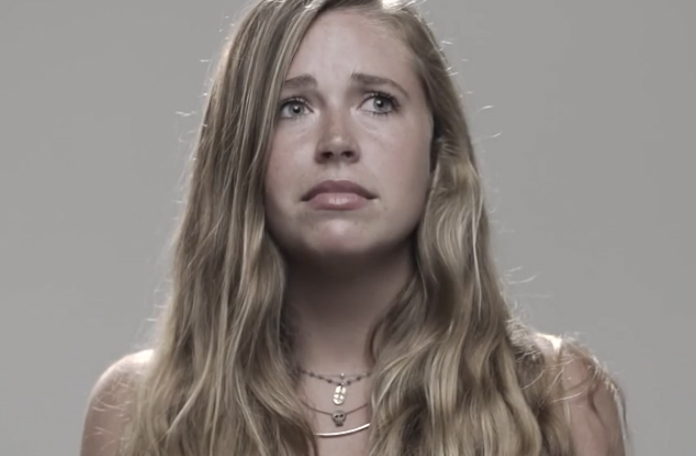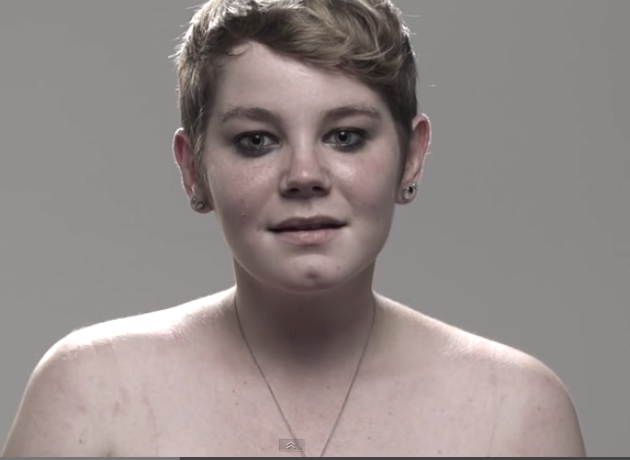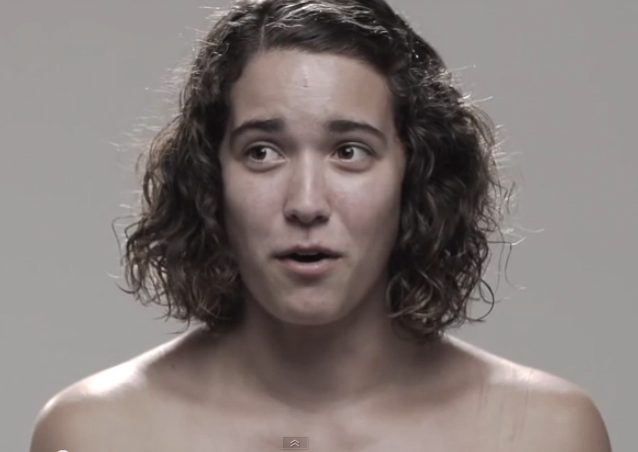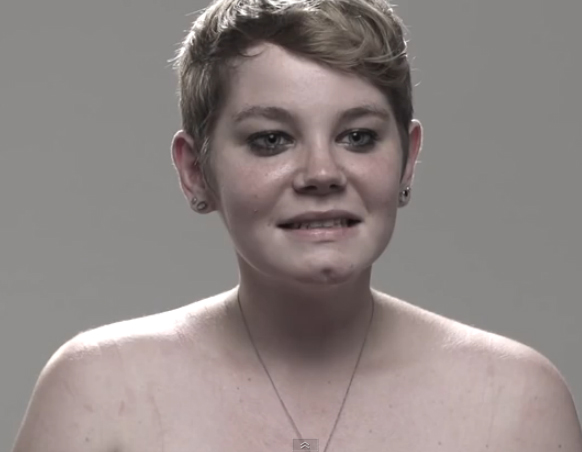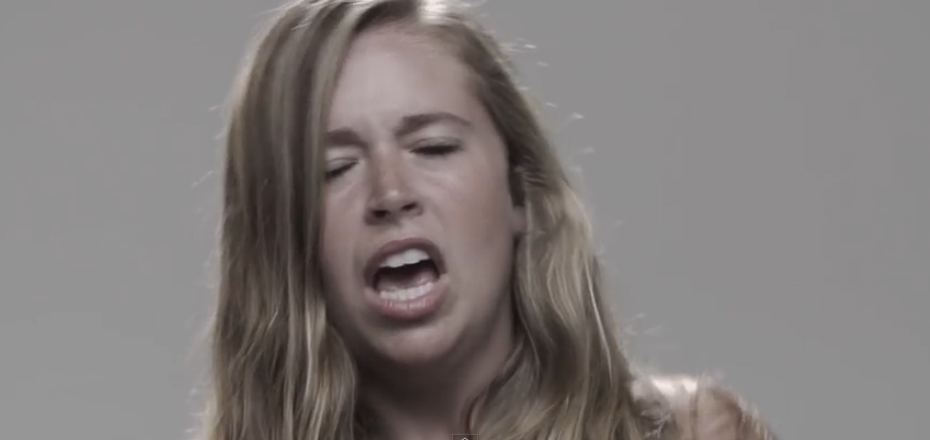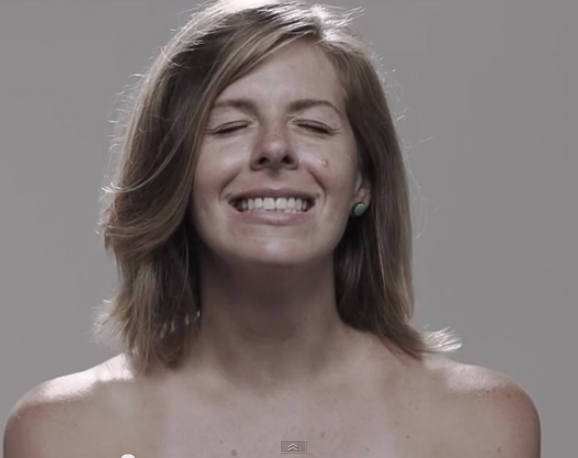Attempted Robbery and Mirror Neurons
Here is an interesting video recorded by a Go Pro camera that documents an attempted robbery of a guy riding his bicycle in Buenos Aires, Argentina. Go ahead and watch it if you haven’t.
Chances are your mirror neurons (cells in your brain) will light up as this guy experiences fear and hence so will you! Mirror neurons make us feel what others are feeling when we see them go through an experience. You know when you see a friend cut their finger with a sharp object and you wince? That’s your mirror neurons!
I find mirror neurons fascinating.
When I teach my class to students, I frequently feel the power of mirror neurons in a really strange way.
I play a lot of emotional videos in my training class and my students mirror neurons work very well. They always mirror the emotions of the victims or suspects in the video beautifully. But I wasn’t prepared for how it would bounce and further affect me.
As the instructor, I have seen these videos hundreds of times so I don’t typically watch them. I am usually not listening to the content of the video or thinking about it either. I am often thinking about other things that I need to do and inevitably, through natural pauses in thinking and looking up at my students, I find my face starting to react to my students’ emotions.
I will start to feel a flush of an emotion overcome me. It’s surreal because I might be thinking I need to check-in for my flight tomorrow when I start feeling this rush of sadness. And I will catch the feelings of sadness and be perplexed. Why do I suddenly feel sad? And then I have to re-orient myself and ask what video are we playing right now? And 100% of the time the emotions I am starting to feel correlate to the video playing, but I am not watching it or listening to it. But I am glancing at my students and obviously my mirror neurons are firing from seeing them!
It’s the strangest thing.
It’s what I would call a mirror neuron bounce effect. A person in the video feels an emotion. They express it. My students watch it, and they feel what the person in the video feels. Then I see the faces of people watching the video, and I, too, react to them watching the video. It all happens involuntarily, too.
I never expected that mirror neurons would bounce like that, but I have experienced it enough to know they do, and when I see a really intense emotion expressed on a face, I will start to experience the strong flood of emotion myself regardless of the source!
So I wonder, does the movement of the facial muscles activate the mirror neurons? Or do the mirror neurons activate the facial muscles?

